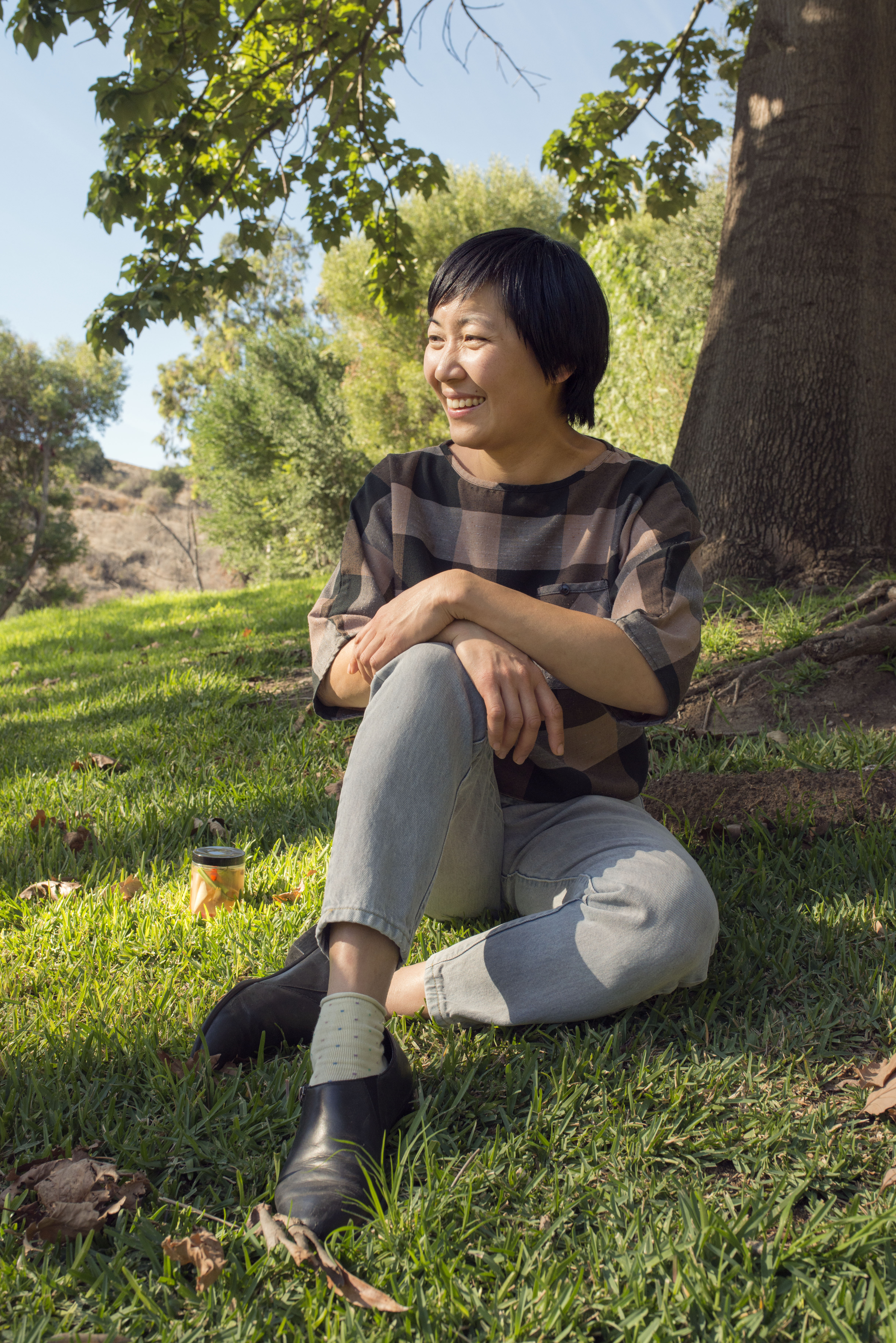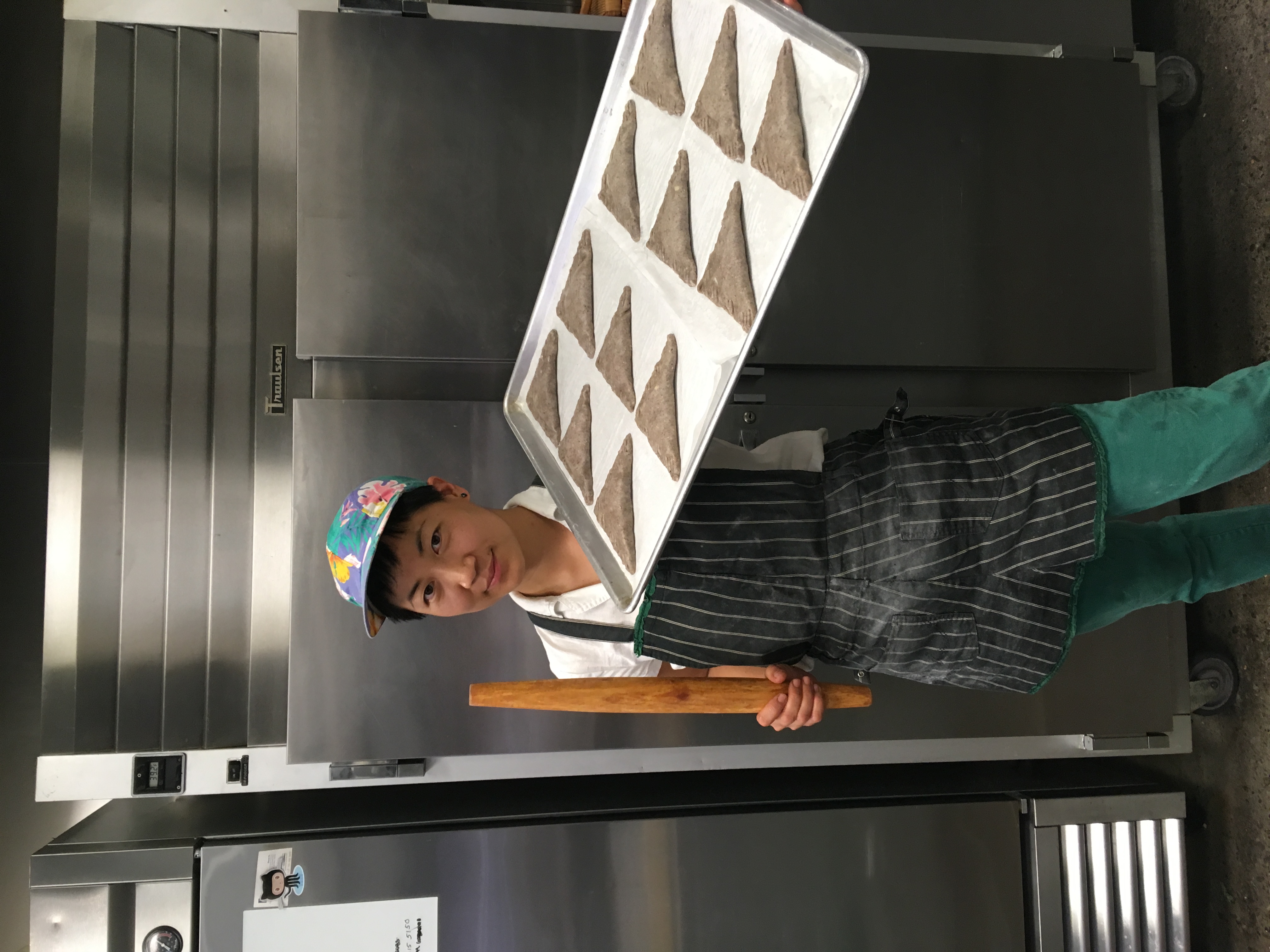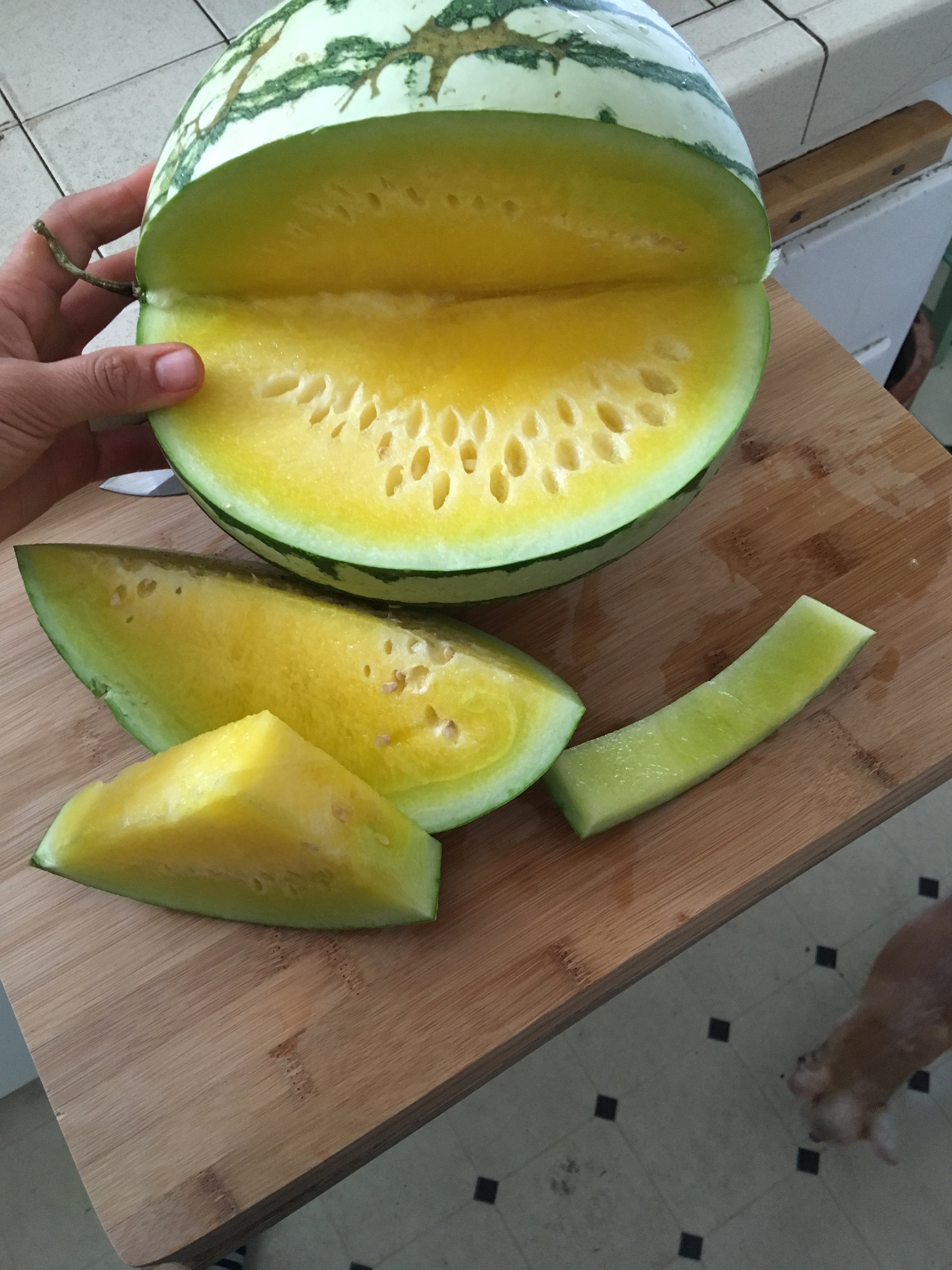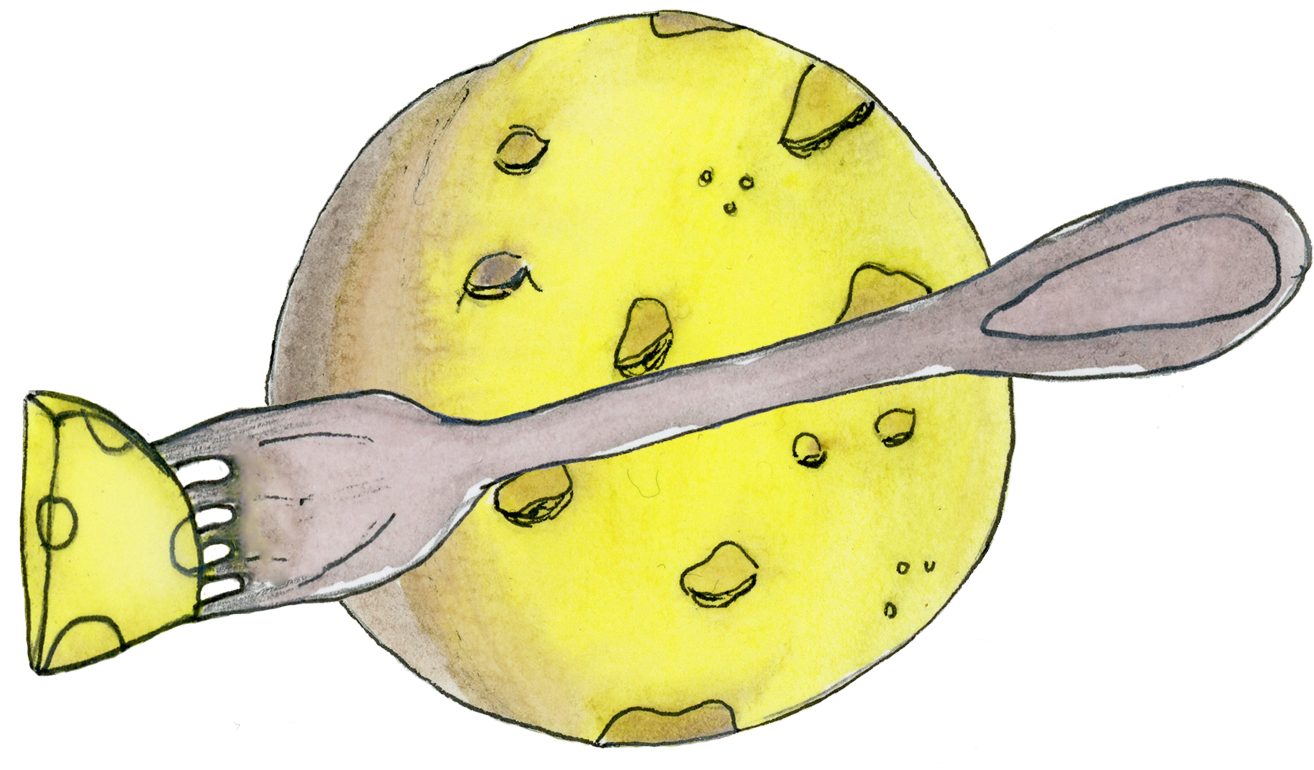interviews
Jessica Wang January 2018

Where are you from? Can you tell me about the food you ate growing up?
I was born in Dallas, Texas and my parents are both from China by way of Taiwan. When I was in my mom’s belly still, she ate a lot of Tex-Mex. When I was five years old we moved to the San Gabriel Valley in LA - we moved around a bit in the San Gabriel Valley. My mom loved to cook all kinds of comfort foods, from sticky sweet and sour ribs to gumbo with okra, to chicken casserole finished with a cheesy breadcrumb crust - all of these would be served on steamed rice. Crunchy shell taco night was in the rotation, and we often frequented a Chinese Muslim restaurant. My mom went through a healthy phase in which she got into milling whole wheat and baking bread, and only got us snacks from Trader Joe's. Later on in the late 90’s we moved to Thailand so my adolescence was spent in Chiang Mai. I continued to eat pretty similarly to how I ate before moving to Thailand when at home. What changed in my diet was the addition of really awesome authentic Thai food, and food by expats from around the world. Some of my most memorable firsts - Isan sausage and sticky rice, fried chicken knees, falafel, naan, biryani, handmade pastas, hand pounded mochi, and Dutch cheese - are foods I would have taken at least another decade to discover had my family continued living in Rowland Heights, CA.
Wow so many good things. And that ties into my second question, which is, was there a family member who was in the kitchen the most? Did she influence your connection to cooking now?
Absolutely, that would be my mom, Peggy. She would sometimes be very ambitious about specific dishes but she was never super strict about recipes. Recipes were always a point of inspiration that would then depart from.
She would kind of just wing it?
Yes, she loves winging it. She has a lot of gut that she trusts, she would be pretty adventurous sometimes. I have memories of her cooking things for family gatherings that I now know as dishes from specific cultures outside of ours. I’ll go back to her and ask her, where did you learn how to make that raw shrimp marinated in lemon juice dish? When we had Thanksgiving at our house like twenty years ago, she had friends from different backgrounds come eat with us. I remember her Greek friends giving her some recipes for some really awesome food. She was definitely a busy mom because there were four of us.
So how did you start cooking?
I would trace it back to high school. Before high school I kind of helped my mom out but I didn’t really ever take on any projects independently, unless you count microwaving shredded cheddar cheese! My brother and I would play restaurant.
Cute!
Our restaurant was called Laguna because we thought it sounded so fancy. I think my dad had a job somewhere in Laguna Beach doing engineer work. In high school at the school I went to (Chiang Mai International School) every graduating senior class would have a trip to the beach in the south of Thailand.
Oh cool.

It was a tradition to fundraise and it was expected of everyone to pitch in. One of the things that was a tradition was a bake sale. So I kind of went in hard; I found really cool old cook books in the school library. I remember getting a brownie recipe from some American cookbook that had condensed milk in it and it was the best thing. So I definitely started more as a baker than a cook but I tried to pick up some cooking skills and navigate that a little bit but I was more passionate about baking.
So what was your first food job?
My first food job was in college. I was kind of naïve – I responded to an ad that was in a window for this place called Mrs. Beasley’s.
Where did you go to school?
I went to Pasadena City College. So I was in that area, in Old Town Pasadena, I saw the sign and called them and got an interview. It was this bakery that had mini muffins, bundt cakes - it seemed really charming. I had no idea that they were not hiring for the kitchen but the manager was a Thai-American woman and we had this special bond immediately. I thought it would be cool to work there anyway as a cashier in the front. So I did that and I thought “this is bullshit!” Like we would get deliveries of these cakes and muffins from a corporate office.
Wait really?
Yes! There was no baking on site.
That’s so sad.
It was so sad. So I was there for a few months and then I said no thanks. And then I ended up working as a Barista at Euro Pane in Pasadena for Sumi Chang. That was a good experience, it was one step closer to the kitchen.
The in-between.
Yes, at that point I knew I wanted to be someone working the kitchen. Eventually I worked at Forage where they accepted me as an apprentice which led to a part time job there, but that was my first paid baking job; I was a pastry assistant there.
How was that?
That was mind blowing for me. I felt so engaged doing those giant batches – now looking back I don’t know if they were creating jobs for me as an intern or if they had these real jobs.
Ya I know exactly what you mean. Sometimes I look back at the first tasks I had to do, and I’m like “did they just do that because I wanted to work there and had no experience?”
Ya and they wanted to keep you out of the way and occupied?
But that’s probably a normal thing in a lot of kitchens when they just need help and they have someone with little experience.
I think so. Because when I started, my task was to make a batch of scones by hand, and I forget exactly how big it was now, but it was something like eight pounds of butter and it was mixed by hand.
Woah!
And I loved it.
That’s crazy. Was it cold butter?
Cold butter! And then the cold cream went in, still all hand mixed.
Did your hands hurt?
No, because I was so young. If I did that now I would not be into it.
This is a sort of meaty question. I’ve noticed that many of the female forces in the food world that I admire have several creative ventures. You’re one of those women! You’re a pickling and fermenting expert, you make the most incredible coconut hand pies for LASA and you used to have a vintage kitchen wares collection that you occasionally sell. Do you feel that it’s important to have your hand in a few different things rather than one specific project?
I absolutely do think that it’s crucial to diversify in order to survive.
Yes me too.
I would not have collected all these different projects if it weren’t for some of my health issues. I have always been interested in all of these things that I do but the amount of investment that I put into them over the recent years has really grown and intensified just because I found that working in pastry was not sustainable for me since I have blood sugar issues. I truly enjoy it – sometimes it’s a little crazy trying to balance it and I do have three Instagram accounts now!
I have two but three’s a lot! But I do feel it’s necessary too.
So you get it. That way you also reach a wider audience if you are doing some things for profit.
Sometimes things are creative just inherently. Like maybe your job is cooking creatively. But then you want to have your own creative projects.
Exactly, you need to find outlets.
Last time we met you told me about your market idea.
Yes. So this is all kind of culminating into this crazy bigger dream of a very special market. It will be able to provide jobs for people in my family like my mom who loves being around people and food is her passion. I would love to make this happen one day eventually.
And you want to have a pickle company first right?
I’m going to do the pickles first but it’ll actually be in tandem with the pastry. So I’ve decided to continue doing the hand pies and within that same umbrella I will be making pickles because I’ve found that pies are definitely a little more appealing to people than pickles. But pickles are what I think will be more sustainable for everyone’s health and so on a deeper level that’s what I want to commit more to. But in order to survive as a business, just like the idea of diversifying, I’ll have these two types of products.
So I recently watched the Chef’s Table episode with Jeong Kwan, the monk in South Korea. Have you seen that episode?
No I have not!
Oh my God it’s really amazing, you should watch it. But she has such a reverence for soy sauce and for the time that it requires to become what it is. She just thinks it’s this heavenly holy creation, she’s so excited about it.
Wow.
So when time becomes an ingredient so does patience. I was wondering what are your feelings about your fermented creations? Do you have the same kind of reverence toward your time sensitive cooking?
Yes I do feel a certain reverence for it. To me, I think because it’s a much shorter time that it takes for it to be a ready and delicious edible thing, it’s probably different than this woman’s relationship to soy sauce. But there’s something really magical about putting two things together, a vegetable and salt, and then seeing this transformation and it giving more life back to you than you could have from it without this process of fermentation. Just the fact that fermenting a food allows you to unlock nutrients that you would not otherwise be able to absorb is really awesome. And most people don’t know that.
How long do you usually ferment them for?
My favorite is a short fermentation. So it’ll be up to five days normally.
Oh that’s it?
Ya. If I’m doing it in my kitchen and there’s no heat wave or if it’s not crazy cold, if it’s generally between seventy and eighty degrees in my kitchen, where I like to experiment with my projects, up to five days is usually it.
What is your favorite thing to pickle right now?
I’ve been doing watermelon rind with the outer rind removed. This is something my grandma on my dad’s side mentioned to me as something that is delicious marinated. She likes quick pickles so marinated in vinegar – she enjoys fermented ones too though. I used to do some caretaking for her and she and I would cook together. Or sometimes she would tell me what she felt like eating and that was one of the things. It’s really great! So after learning how to quick pickle it I decided to see how it would do in a ferment; it’s really delicious and it keeps its crunch. It’s slightly effervescent sometimes.

